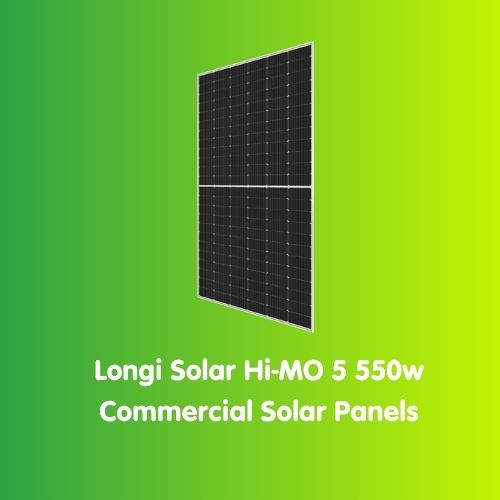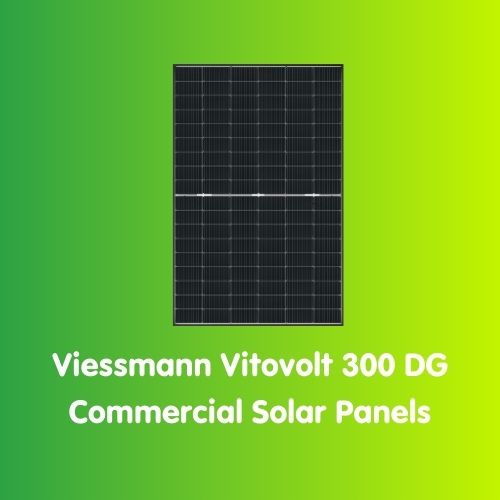Your basket is currently empty!
Commercial Solar Panels For Business
Filter & Sort
Filter by Price
£4,999 — £4,999
Start Your Project Today
Get a Free Commercial Solar Assessment
Go green and start saving sooner rather than later with our commercial solar services

Longi Solar 550w Hi-MO 5 Commercial Solar Panels
Original price was: £5,999.00.£4,999.00Current price is: £4,999.00.

Viessmann Vitovolt 300 DG 440w Bifacial Commercial Solar Panels
Original price was: £5,999.00.£4,999.00Current price is: £4,999.00.
Commercial Solar Panels Installed For UK Businesses
Harnessing solar energy can transform your business by slashing energy costs, enhancing your corporate image, and demonstrating your commitment to sustainability.
Here’s how commercial solar panels can benefit you:
-
Significant Energy Savings – Reduce your electricity bills by 20-30% with solar power.
-
Boost Your Brand Image – Show your customers you care about the environment, appealing to eco-conscious consumers.
-
Energy Independence –Become less reliant on traditional energy grids, protecting your business from price volatility and outages.
Commercial Solar Panels Features
- Efficiency – Monocrystalline panels offer up to 25% efficiency, while polycrystalline and thin-film options provide cost-effective alternatives.
- Cost – Prices range from £15,000 to £65,000 for small to medium businesses, varying by roof size and energy needs.
- Installation – Our comprehensive services from design to implementation ensure a tailored fit for your business.
Cost Breakdown
-
Installation Costs: Approximately £1,000 to £1,500 per kilowatt peak (kWp), influenced by system complexity and roof type.
-
Maintenance: Low, with cleaning costs at £5-£15 per panel bi-annually and annual services around £150-£300.
Financing Your Business Solar Journey
-
Options – From Power Purchase Agreements (PPAs) to tailored finance packages, make solar accessible without large upfront investments.
-
Incentives – Benefit from 0% VAT on solar goods and explore grants like the Smart Export Guarantee (SEG) for revenue from excess energy.
Our Commercial Solar Installation Process
-
Assessment: Detailed site evaluation to match your energy needs.
-
Design & Installation with fully customised plans for optimal panel placement at your business.
-
Testing to ensure your system performs at peak efficiency.
Maintaining Solar Panels At Commercial
-
Monitoring is essential for tracking performance and ensuring long-term savings.
-
Battery Storage is a great option to enhance your system with storage for even greater savings and energy security.
Why Choose Green Central?
-
We have full MCS and EVPS certification for quality assurance.
-
We are rated excellent on Trust Pilot and can install nationwide!





